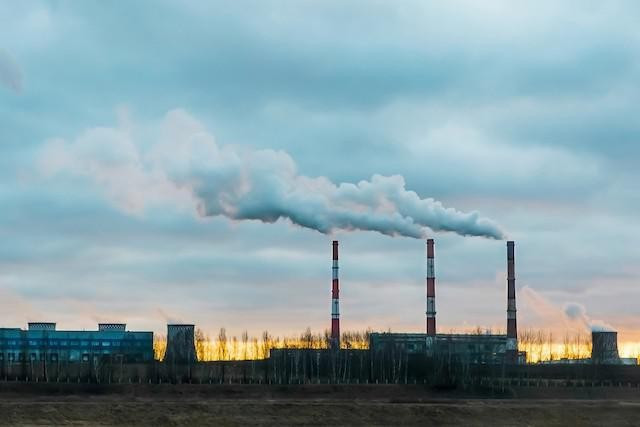Fossil fuels in 2021 made up 70% of gross available energy in the EU, stable from the previous year. Since 1990, this share has dropped 13 percentage points, mostly due to the increase in renewables.
Between 2010 and 2021, Luxembourg diminished its share of fossil fuels from 90% to 79%, making it one of the top reducers. Denmark was the top performer in that field, decreasing the fossil fuel share by a quarter, from 81% to 57%. Estonia (-22 percentage points), Finland (-19 pp) and Latvia (-12 pp) were also in the top five.
Sweden sources the smallest share of its energy from fossil fuels at just 31.7%, with Malta the EU country with the highest share of fossil fuels in gross available energy at 96.3%, followed by Cyprus and the Netherlands (89%) as well as Ireland and Poland (88%).
Luxembourg finds itself in the company of Germany and Italy at a share of 79%, above the EU average of 69.9%.
France’s share of fossil fuels is one of the lowest in the EU at 48% but it also saw one of the lowest decreases over the decade between 2010 and 2021 at just 4 percentage points, an indicator of the strong nuclear power sector in the country.
